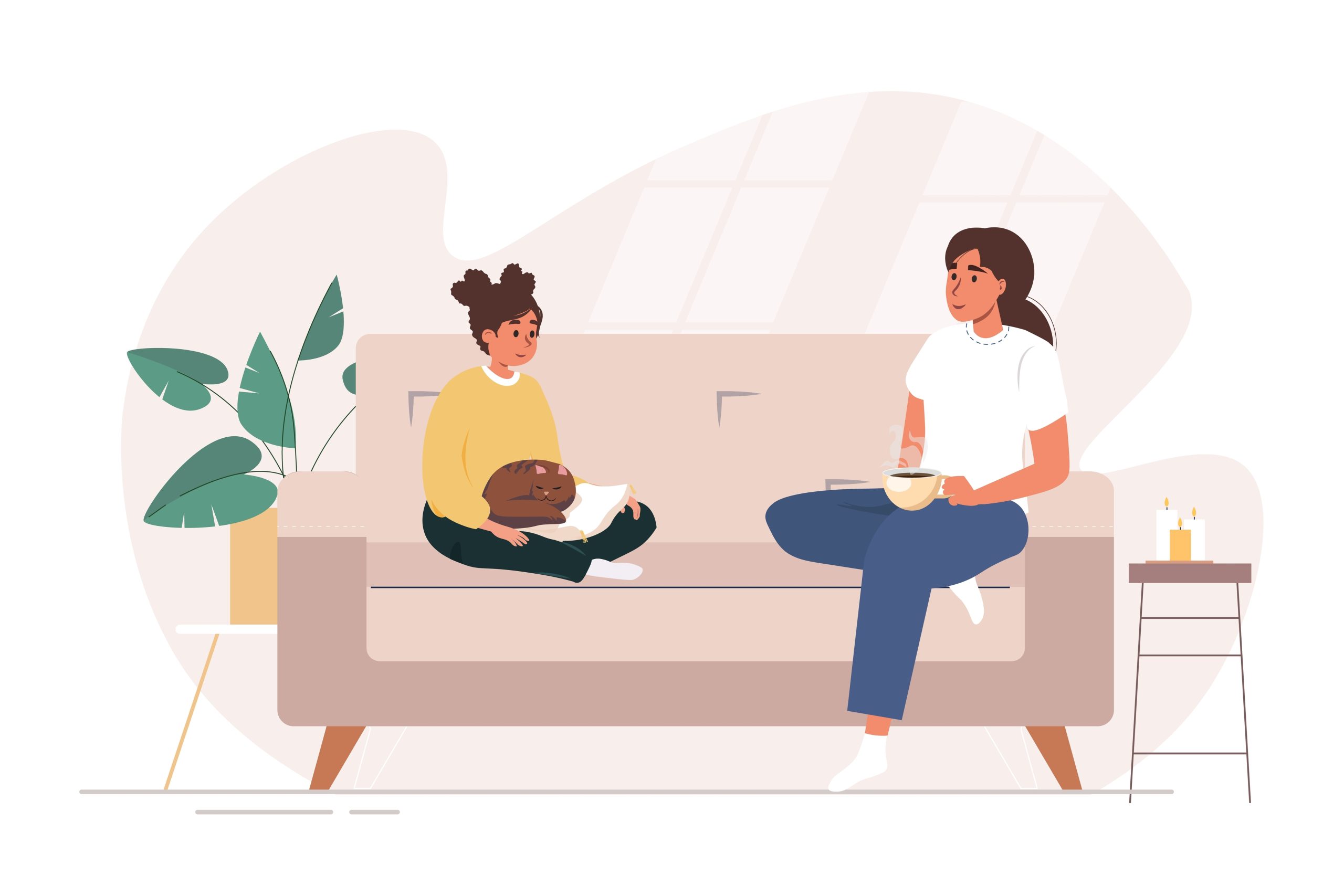
Are you the parent of an amazing child who seems to get frozen in time because of frequent worries? Is your child overly concerned about safety, school, friendships, or the future? Does your child tell you about uncomfortable physical symptoms like stomachaches, headaches, scratchy throats, or being overly tired? Is it hard for your child to be alone or find restful nights of sleep? Any of these alone are fairly common experiences in childhood, but in combination, or in high frequency, are more common in children who suffer from various types of anxiety disorders.
If this sounds like your child, be encouraged that there is an abundance of resources available to support parents just like you on this challenging journey. And, if you’re reading this, you’re in the right place to begin learning valuable strategies to help you nurture your anxious child, even more than you already do, and teach them how to successfully manage these big emotions with bravery.
Greetings! I’m Dr. Catherine Worthington (Dr. Cat to all my courageous kiddos and families). Throughout my training and career as a clinical psychologist, I’ve had the privilege of supporting numerous families who’ve faced similar challenges and recognize how tough it can be as a parent to an anxious child. As an anxiety specialist, I’ve been able to use these truths in developing a database of effective tips and tricks to assist parents in guiding their children towards success. Here are a few of the most foundational “parent favorites” I’d like to share with you:
- Prioritize Self-Care: Take breaks when you need to! Caring for a child with anxiety can be overwhelming. Self-care is not selfish; it’s a necessity. By taking care of yourself and nurturing your own mental well-being, you can provide better care and support for your child. By doing so, you also model to them the importance self-care.
- Observe and Validate Emotions. Remember, emotions are not the enemy. Remind yourself that the ultimate goal is not to eliminate fear but to learn to coexist with it. Anxiety is a part of life, and by helping your child face their fears and develop effective coping mechanisms, you are showing them that they can lead fulfilling and meaningful lives even while experiencing big emotions.
- Granting Space and Grace: Your child may need time to process big emotions and fears. Allow them that space while gently reminding them of your unwavering support. Remember that some behaviors are ignorable and that the goal is never to punish the experience of an emotion. Leading with love and compassion, your child will more easily thrive when they feel the security of your affection.
- Reduce Over Involvement: The road to progress is a journey for you and your child together, but sometimes this is better accomplished through establishing more individual roles. Children faced with potentially scary (but safe) outcomes will typically respond by turning to their parents for rescuing. While it’s natural to want to solve every problem, your child may need you to resist this impulse in order for them to experience the eventual success of managing anxiety on their own. Learning to model bravery and offering suggestions for emotion regulation without over accommodating is an important step in parenting the anxious child.
- Find a Skilled Professional: It is not uncommon for parents to seek additional support when helping their child learn how to overcome this level of fear and discomfort. In fact, doing so typically leads to quicker and more lasting progress. When seeking a professional, it’s essential to find someone who not only understands pediatric anxiety but also provides evidence-based therapeutic care. Look for trained anxiety specialists who offer treatment from a Cognitive Behavioral Therapy (CBT) perspective and are comfortable using Exposure and Response Prevention (ERP) strategies. Whether through individual therapy for your child, parent-focused groups, or even from specialists who provide online resources and support, help is out there.
So, to all you parents reading this, if you found these words to be relatable or helpful, take this as an encouraging reminder that you are not alone in this journey. There are countless resources and professionals out there ready to support you. Remember also that anxiety does not define your child, or you as a parent, and the path to progress is a marathon not a sprint. Through learning new strategies in your role as a parent, and aligning your values of loving on and supporting your child through the toughest of times, you can empower your child to more effectively navigate the challenge of ‘wearing-out worries’ while facing their fears!
Dr. Catherine Worthington, Licensed Psychologist, Anxiety Specialists of Atlanta
Catherine Worthington, PsyD specializes in the assessment and treatment of OCD and anxiety disorders, pediatric anxiety and OCD and parenting the anxious child

